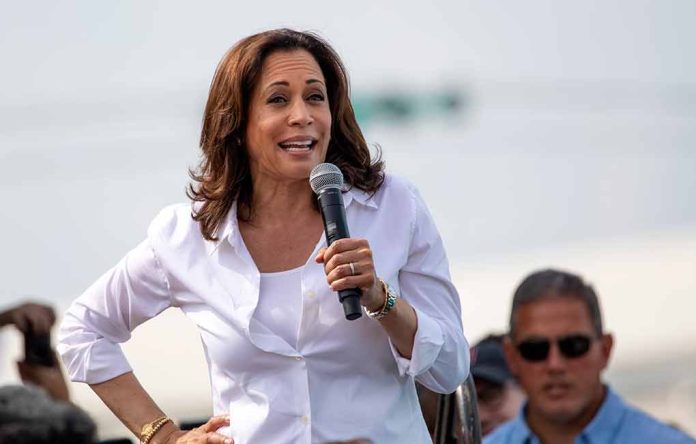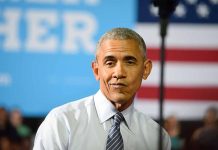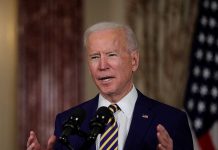
Vice President Kamala Harris faces scrutiny after a hot mic incident that has reignited discussions about her authenticity and political legitimacy.
At a Glance
- Kamala Harris was caught on a hot mic with Michigan Gov. Gretchen Whitmer in a potentially embarrassing moment
- The incident has fueled criticism about Harris’s perceived authenticity and public image
- Critics argue this adds to concerns about her effectiveness as a political figure
- Supporters contend that such criticisms are often amplified by partisan bias
- The incident highlights broader issues of public trust and political discourse in the digital age
The Hot Mic Incident
Vice President Kamala Harris found herself in the spotlight recently following a hot mic incident that occurred after a rally in Kalamazoo, Michigan. The unguarded moment, captured on video, involved Harris and Michigan Governor Gretchen Whitmer in what some have described as a cringeworthy exchange. The incident took place at a bar, where Whitmer jokingly referred to Kalamazoo as “Kamalazoo,” setting the stage for what would become a widely discussed moment in political circles.
During the exchange, Harris was recorded saying they needed to “move ground among men,” seemingly unaware that their conversation was being captured. Upon realizing they were being recorded, Harris acknowledged the situation, stating, “Oh we have microphones in here just listening to everything … Sh**.” This candid moment quickly spread across social media platforms, prompting discussions about Harris’s public persona and her team’s media strategy.
Public Perception and Criticism
The hot mic incident has reignited debates about Harris’s perceived authenticity and her ability to connect with voters. Critics argue that moments like these contribute to a growing perception that Harris’s public demeanor sometimes appears rehearsed or inauthentic. This perception of insincerity, they claim, could potentially undermine public trust and her effectiveness as a political figure.
Some observers have pointed out that Harris’s attempt to connect with male voters by engaging in casual banter and using strong language in a bar setting may be seen as ineffective or even cringeworthy. Polls have indicated that Harris faces challenges with male voters, a demographic she has publicly denied having issues with. The incident has led to speculation about the strategies Harris and her team might employ to improve her image before the upcoming election.
The Broader Context of Political Discourse
The hot mic incident involving Vice President Harris is not an isolated event but part of a larger narrative surrounding political figures in the digital age. The political landscape has become increasingly complex, with social media and new technologies playing a central role in shaping public perception. This shift has brought both opportunities and challenges for politicians seeking to maintain authenticity while navigating a highly scrutinized public life.
Experts have noted that the internet’s role in politics has become more central and, at times, more toxic since previous election cycles. The rise of artificial intelligence and the proliferation of social media platforms have created an environment where misinformation can spread rapidly, and public figures face intensified scrutiny. This new landscape presents unique challenges for politicians like Harris, who must navigate a fragmented and often unmoderated online world while maintaining their public image and political legitimacy.
Conclusion
As the political discourse continues to evolve in the digital age, incidents like the recent hot mic moment involving Vice President Kamala Harris serve as reminders of the challenges faced by public figures. While critics may view such moments as evidence of inauthenticity, supporters argue that these criticisms often stem from partisan bias and fail to recognize genuine policy efforts and accomplishments. As the nation moves forward, the impact of these incidents on perceived authenticity and political legitimacy remains a topic of ongoing debate and analysis.

















